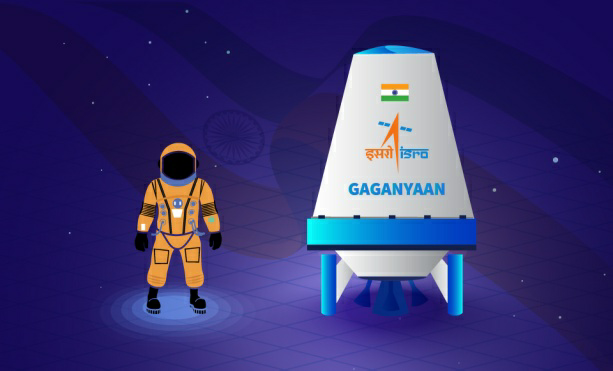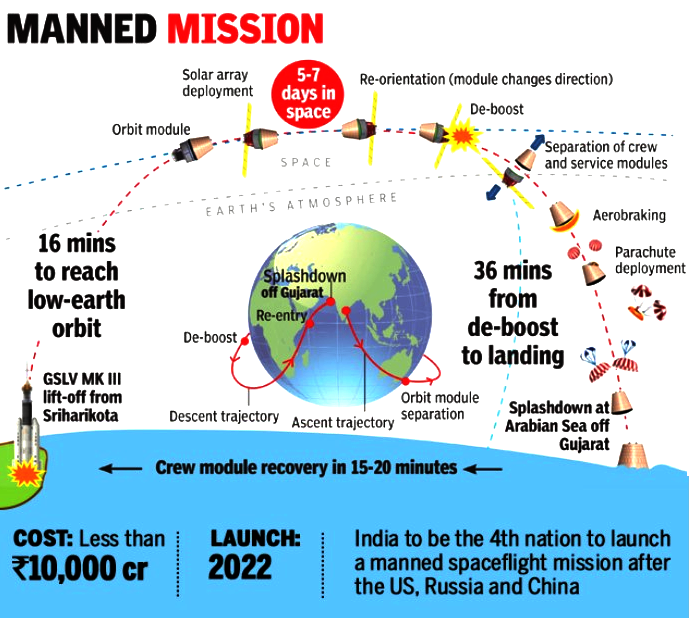




Disclaimer: Copyright infringement not intended.
Context
Gaganyaan
About
Launch Vehicle

Placement
Suit
Return
Vyommitra
Significance
https://indianexpress.com/article/india/isro-gaganyaan-mission-engine-function-7734354/











© 2025 iasgyan. All right reserved